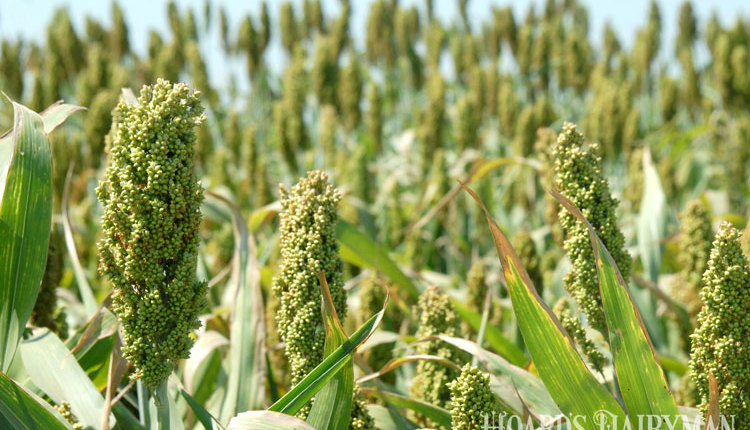
While dairy farmers may be considering sustainability-focused solutions such as cover cropping, conservation tillage, and best management practices for manure application and manure-based products, a key part has been missing to help them: real-world data.
The Dairy Soil and Water Regeneration (DSWR) project was initiated by Dairy Management Inc. and the Soil Health Institute to fill these gaps and help farmers make informed decisions on new product and market opportunities as they continue their legacy of caring for the environment. Food companies also see the potential for incorporating DSWR’s data and findings into their sustainability plans, and that will help keep dairy top of mind with consumers who are making purchase decisions based on our industry’s commitment to the environment.
DSWR is a robust undertaking with 17 unique projects taking place on working dairy farms or research institutions nationwide. The project is supported by the Foundation for Food & Agriculture Research, which awarded $10 million, and companies like Nestle, Newtrient, and Starbucks, which matched funds.
The project studies the effects of implementing soil health management practices on greenhouse gas (GHG) emissions, water and soil quality improvement, and agronomic factors such as forage yield and quality.
We are fortunate to work with renowned research partners including Cornell University, Texas A&M AgriLife Research, University of California Agriculture and Natural Resources, the University of California-Davis, the University of Wisconsin-Madison, the University of Wisconsin-Platteville, the University of Vermont, and USDA’s Northwest Irrigation and Soils Research team.
Early results
We are at the halfway part of the project, which launched in 2021 as an undertaking focused on forage production practices that could help achieve the industry’s 2050 environmental stewardship goals.
A first phase of the project included a benchmark soil survey of five dairy regions, and that has been completed. The survey investigated how management practices such as conservation tillage and cover cropping affected four different soil quality indicators. The results are still being analyzed, but in general, the survey showed that soil health indicators like soil organic carbon responded positively to conservation practice changes. This may potentially offer opportunities to participate with confidence as carbon and ecosystem markets develop.
The second phase includes intensive sampling, which is ongoing. Some results are beginning to be shared at scientific meetings and on-farm field days. A preliminary result that may be of interest to farmers is that crop yields were initially higher with conventional tillage practices compared to the soil health management systems and reduced tillage. This yield drag is common when making abrupt management practice changes. Yield reductions between systems were smaller by the third year, and although harvest results are not known at this point, they appeared visually to be similar in terms of yield for 2024. Further research will offer a better understanding of this trend.
Another interesting finding is that the application of dairy manure compost in a California almond orchard has had a significant mitigating effect on the release of nitrous oxide emitted from the soil. Additionally, greater soil microbial respiration suggests that compost treatments boost microbial activity.
The intensive data collection and sampling is providing a high-quality data set that is specific to dairy production and will ultimately be used to improve crop and environmental system models, which will assist producers with making good management decisions.
Our team is excited about the back half of our DSWR journey, knowing we’ll likely discover new research opportunities, and that’s the beauty of it. You never really finish researching, which benefits dairy farmers who need quantifiable data to validate practices that will help them make decisions with greater confidence and that are good for their bottom line.
To learn more about DSWR, visit www.dairysoilwater.org or contact me at victor.green@dairy.org






